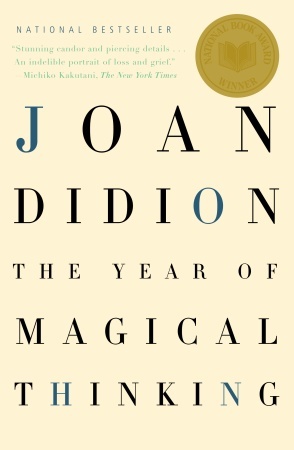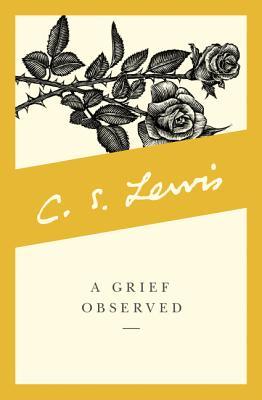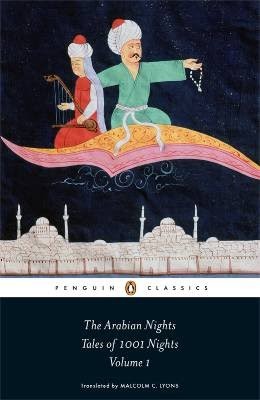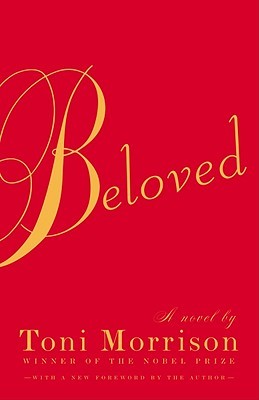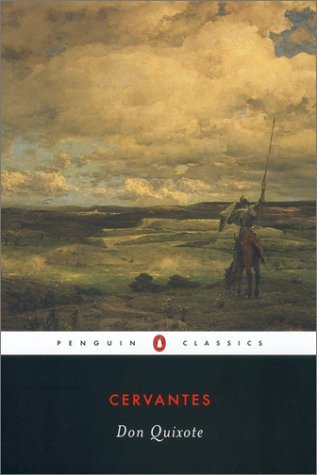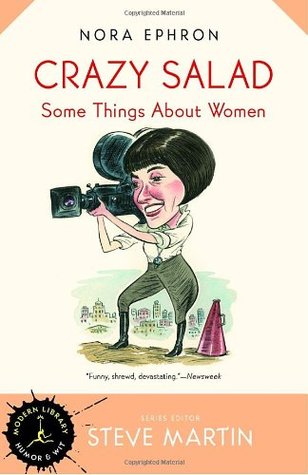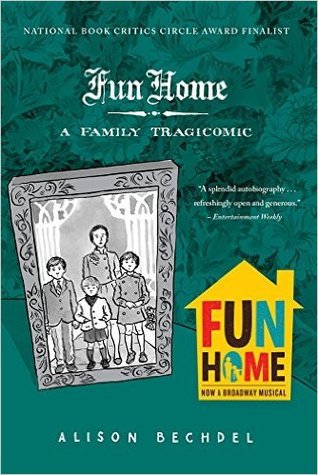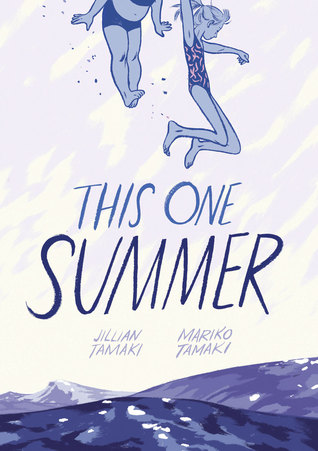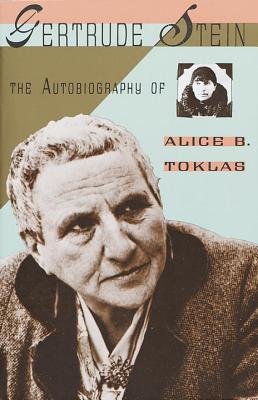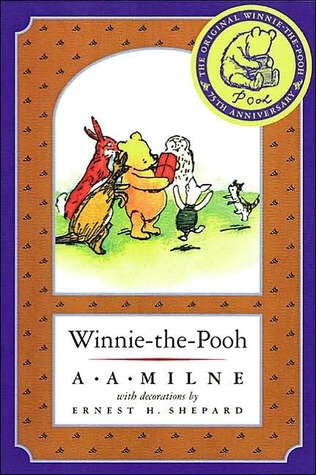Finding the 1,000 Books to Read in a Lifetime

We all have our reading bucket lists. James Mustich's 1,000 Books to Read Before You Die is bound to seriously expand that list with his recommendations that span across fiction, poetry, science and science fiction, memoir, travel writing, biography, children’s books, history, and more. We asked Mustich to tell us about these books, and he offered up plenty of inspiration for your Want to Read shelf.
A reader’s life is one long search query. This query runs constantly in the background, and its interface is ever-changing and often unexpected—sometimes we meet it in the form of a friend, other times in the form of a bookseller or a teacher. It can take the shape of a podcast or a book review, a well-organized library or a labyrinth of discarded volumes at a yard sale; it can be the front window of a bookshop or a display of thumbnail covers on this blog.
But no matter how many books we may already have going, new ones catch our eye, come up in conversation, get added to lists, accumulate in piles, all the while describing the happy game of browsing, recognition, and engagement that is, for many of us, a never-ending vocation.
But no matter how many books we may already have going, new ones catch our eye, come up in conversation, get added to lists, accumulate in piles, all the while describing the happy game of browsing, recognition, and engagement that is, for many of us, a never-ending vocation.
Fourteen years ago, I began work on a book that is a record of what I’ve discovered in my own quest, both for myself as a reader and on behalf of others as a bookseller, the occupation which has provided most of my employment through the past four decades. The book, 1,000 Books to Read Before You Die, will be published on October 2. As I write in its introduction, 1,000 Books is neither comprehensive nor authoritative; it is meant to be an invitation to a conversation—even a merry argument—about the books and authors that are missing as well as the books and authors included, because the question of what to read next is the best prelude to more important ones, like who to be, and how to live.
Search is a word, and a pursuit, that has lost in luster what it has gained in power in our digital age. Reflecting on the gestation of her 2012 novel, By Blood, Ellen Ullman wrote, “The characters in the story are searching for the truth in their pasts. I felt I had to reclaim the idea of search, tear it away from Google with its snippets of information. Search is an ancient trope, as old as Homer and the Greeks and the writings humans of the deep past have left for us…Search is a part of us, one of the desires evolution has woven into us over the eons, to keep us alive.”
As readers, of course, our search is always tantalizingly speculative. We look for narratives (“The act of narration never leaves us,” Ullman also writes) that illuminate our past and inform our present, or send us deep into imaginative worlds—each a timeless, elective future—that somehow allow us to better apprehend, cope with, or escape the demands of the real one that weigh us down.
The words of Ullman’s that I’ve quoted appear in her 2017 book, Life in Code: A Personal History of Technology. Published almost exactly one year ago as I type this sentence, Life in Code is the most recent book included in 1,000 Books to Read Before You Die.*[see footnote below]
If Ullman’s revelatory pondering of technology and experience is the newest work I consider, the most ancient is The Epic of Gilgamesh, encoded on clay tablets in Babylon something like a thousand years before The Iliad found its way into the world. Despite its antiquity, Gilgamesh’s tale echoes with the themes that still define the essence of our existence: life and death, love and fear, courage and duty, desire.
In between those two bookends, chronologically speaking, are 998 other books, each described in a brief essay that provides context and commentary. These essays are arranged by and large alphabetically by author, providing a sense of serendipity that conflates time, subject, and style in best book-hunting manner (my favorite example may be Cormac McCarthy’s The Road next to Robert McCloskey’s Make Way for Ducklings).
As the McCarthy-McCloskey juxtaposition suggests, 1,000 Books encompasses a reading life from early, simple pleasures (Goodnight Moon, A Hole Is to Dig) to later, complex sorrows (A Grief Observed, The Year of Magical Thinking). At its core is a wandering itinerary through literary culture, from Homer and Sappho to George Eliot and Elizabeth Bishop; from Virgil and Dante to The Arabian Nights; from The Canterbury Tales and The Decameron to Shakespeare, Montaigne, and Cervantes; from Austen to Dickens to Gabriel García Márquez and Toni Morrison; from Ralph Waldo Emerson to James Baldwin, Walt Whitman to Claudia Rankine; from Aeschylus to Zadie Smith, Émile Zola to Ali Smith.
It’s not a survey course in literature, although one could easily trace one through its entries, just as one could also map a journey in ideas from Plato to Darwin to Simone de Beauvoir, or in religious thinking from Saint Augustine to Simone Weil, or in diaries from Samuel Pepys to Sarah Manguso.
Whatever route through my pages readers might set out on, they’ll find digressions in every direction. They’ll stumble across books about insects, fish, and race horses, and mysteries by Wilkie Collins and Agatha Christie, Raymond Chandler, and Rex Stout, P. D. James, and Donna Leon. There are perspectives on revolutions political and scientific, and profound thoughts on food as well as philosophy.
Volumes for young readers include Robert Louis Stevenson’s A Child’s Garden of Verses and A. A. Milne’s Winnie-the-Pooh, Natalie Babbitt’s Tuck Everlasting and Russell Hoban’s The Mouse and His Child (to my mind, one of the most eloquent novels of the 20th century, without qualification of age or anything else), and the adventures of Nancy Drew and Harry Potter.
There are comic stylists (Nora Ephron, Machado de Assis, P. G. Wodehouse) and comics artists (Alison Bechdel, Art Spiegelman, Jillian Tamaki). Stories are told without regard to length (Lady Murasaki’s The Tale of Genji, Victor Hugo’s Les Misérables) and with great precision (Yasunari Kawabata’s Palm-of-the-Hand Stories, the Selected Stories by Alice Munro). Lives are examined with a biographer’s attention (Jean Strouse’s Alice James, David McCullough’s Truman) or recollected with a memoirist’s élan (Gertrude Stein’s The Autobiography of Alice B. Toklas, Mary Karr’s The Liars’ Clubs, Richard Rodriguez’s Hunger of Memory).
Especially intriguing are works often tagged as historical oddities that should be monuments: The Book of the City of Ladies by Christine de Pizan and Corinne, or Italy by Madame de Staël come to mind. Writers whose influence both define and explode genres—Georgette Heyer, Stanislaw Lem, Stephen King—are also in attendance. What I hope my book delivers, in the 1,000 books I’ve written about directly and the thousands of others referenced in the text and in the endnotes to each entry, is what Edmund Wilson once called “the miscellaneous learning of the bookstore, unorganized by any larger purpose, the undisciplined undirected curiosity of the indolent lover of reading.”
Although my choice of books has been informed across decades by the generosity of other readers in the guise of teachers, friends, work colleagues, literary collaborators, correspondents, customers, and acquaintances (once people know you are writing a book called 1,000 Books to Read Before You Die, you can never enjoy a dinner party in the same way again!), it is in the end mine and, as such, personal and sometimes peculiar. More than a few of my selections may strike any other reader as arguable, and some may provoke you to exclaim, “Are you kidding me?” And just as I hope you’ll be inspired to track your own reading against the list of books I’ve written about, I know for certain that you’ll be making a list of all the books you love that I’ve left out. That’s a list I’d love to see as I search for my next one thousand books to read.
*The search goes on: If 1,000 Books wasn't already being printed, I’d do my best to find room for Richard Powers’ new novel, The Overstory, and Jill Lepore’s forthcoming history of the United States, These Truths, two terrific books I’ve been reading this summer.
Search is a word, and a pursuit, that has lost in luster what it has gained in power in our digital age. Reflecting on the gestation of her 2012 novel, By Blood, Ellen Ullman wrote, “The characters in the story are searching for the truth in their pasts. I felt I had to reclaim the idea of search, tear it away from Google with its snippets of information. Search is an ancient trope, as old as Homer and the Greeks and the writings humans of the deep past have left for us…Search is a part of us, one of the desires evolution has woven into us over the eons, to keep us alive.”
As readers, of course, our search is always tantalizingly speculative. We look for narratives (“The act of narration never leaves us,” Ullman also writes) that illuminate our past and inform our present, or send us deep into imaginative worlds—each a timeless, elective future—that somehow allow us to better apprehend, cope with, or escape the demands of the real one that weigh us down.
The words of Ullman’s that I’ve quoted appear in her 2017 book, Life in Code: A Personal History of Technology. Published almost exactly one year ago as I type this sentence, Life in Code is the most recent book included in 1,000 Books to Read Before You Die.*[see footnote below]
If Ullman’s revelatory pondering of technology and experience is the newest work I consider, the most ancient is The Epic of Gilgamesh, encoded on clay tablets in Babylon something like a thousand years before The Iliad found its way into the world. Despite its antiquity, Gilgamesh’s tale echoes with the themes that still define the essence of our existence: life and death, love and fear, courage and duty, desire.
In between those two bookends, chronologically speaking, are 998 other books, each described in a brief essay that provides context and commentary. These essays are arranged by and large alphabetically by author, providing a sense of serendipity that conflates time, subject, and style in best book-hunting manner (my favorite example may be Cormac McCarthy’s The Road next to Robert McCloskey’s Make Way for Ducklings).
As the McCarthy-McCloskey juxtaposition suggests, 1,000 Books encompasses a reading life from early, simple pleasures (Goodnight Moon, A Hole Is to Dig) to later, complex sorrows (A Grief Observed, The Year of Magical Thinking). At its core is a wandering itinerary through literary culture, from Homer and Sappho to George Eliot and Elizabeth Bishop; from Virgil and Dante to The Arabian Nights; from The Canterbury Tales and The Decameron to Shakespeare, Montaigne, and Cervantes; from Austen to Dickens to Gabriel García Márquez and Toni Morrison; from Ralph Waldo Emerson to James Baldwin, Walt Whitman to Claudia Rankine; from Aeschylus to Zadie Smith, Émile Zola to Ali Smith.
It’s not a survey course in literature, although one could easily trace one through its entries, just as one could also map a journey in ideas from Plato to Darwin to Simone de Beauvoir, or in religious thinking from Saint Augustine to Simone Weil, or in diaries from Samuel Pepys to Sarah Manguso.
Whatever route through my pages readers might set out on, they’ll find digressions in every direction. They’ll stumble across books about insects, fish, and race horses, and mysteries by Wilkie Collins and Agatha Christie, Raymond Chandler, and Rex Stout, P. D. James, and Donna Leon. There are perspectives on revolutions political and scientific, and profound thoughts on food as well as philosophy.
Volumes for young readers include Robert Louis Stevenson’s A Child’s Garden of Verses and A. A. Milne’s Winnie-the-Pooh, Natalie Babbitt’s Tuck Everlasting and Russell Hoban’s The Mouse and His Child (to my mind, one of the most eloquent novels of the 20th century, without qualification of age or anything else), and the adventures of Nancy Drew and Harry Potter.
There are comic stylists (Nora Ephron, Machado de Assis, P. G. Wodehouse) and comics artists (Alison Bechdel, Art Spiegelman, Jillian Tamaki). Stories are told without regard to length (Lady Murasaki’s The Tale of Genji, Victor Hugo’s Les Misérables) and with great precision (Yasunari Kawabata’s Palm-of-the-Hand Stories, the Selected Stories by Alice Munro). Lives are examined with a biographer’s attention (Jean Strouse’s Alice James, David McCullough’s Truman) or recollected with a memoirist’s élan (Gertrude Stein’s The Autobiography of Alice B. Toklas, Mary Karr’s The Liars’ Clubs, Richard Rodriguez’s Hunger of Memory).
Especially intriguing are works often tagged as historical oddities that should be monuments: The Book of the City of Ladies by Christine de Pizan and Corinne, or Italy by Madame de Staël come to mind. Writers whose influence both define and explode genres—Georgette Heyer, Stanislaw Lem, Stephen King—are also in attendance. What I hope my book delivers, in the 1,000 books I’ve written about directly and the thousands of others referenced in the text and in the endnotes to each entry, is what Edmund Wilson once called “the miscellaneous learning of the bookstore, unorganized by any larger purpose, the undisciplined undirected curiosity of the indolent lover of reading.”
Although my choice of books has been informed across decades by the generosity of other readers in the guise of teachers, friends, work colleagues, literary collaborators, correspondents, customers, and acquaintances (once people know you are writing a book called 1,000 Books to Read Before You Die, you can never enjoy a dinner party in the same way again!), it is in the end mine and, as such, personal and sometimes peculiar. More than a few of my selections may strike any other reader as arguable, and some may provoke you to exclaim, “Are you kidding me?” And just as I hope you’ll be inspired to track your own reading against the list of books I’ve written about, I know for certain that you’ll be making a list of all the books you love that I’ve left out. That’s a list I’d love to see as I search for my next one thousand books to read.
*The search goes on: If 1,000 Books wasn't already being printed, I’d do my best to find room for Richard Powers’ new novel, The Overstory, and Jill Lepore’s forthcoming history of the United States, These Truths, two terrific books I’ve been reading this summer.
James Mustich's 1,000 Books to Read Before You Die will be available on October 2. Add it to your
Want to Read shelf here.
Do you have a reading bucket list? Share it with us in the comments!
Check out more recent blogs:
The Most Beloved WWII Novels of the Last Decade
Exclusive Excerpt: Reese Witherspoon's Lifelong Love of Books
24 Highly Rated New Paperback Releases
Do you have a reading bucket list? Share it with us in the comments!
Check out more recent blogs:
The Most Beloved WWII Novels of the Last Decade
Exclusive Excerpt: Reese Witherspoon's Lifelong Love of Books
24 Highly Rated New Paperback Releases
Comments Showing 51-52 of 52 (52 new)
date newest »
newest »
 newest »
newest »
message 51:
by
Vinny
(new)
Sep 05, 2020 01:55PM
 Supposing I don't WANT to die after reading all of these? I honestly don't see why I should have to. And if James Musty is going to be strict about this, I'll just refuse to finish the last one, so there!
Supposing I don't WANT to die after reading all of these? I honestly don't see why I should have to. And if James Musty is going to be strict about this, I'll just refuse to finish the last one, so there!
flag



